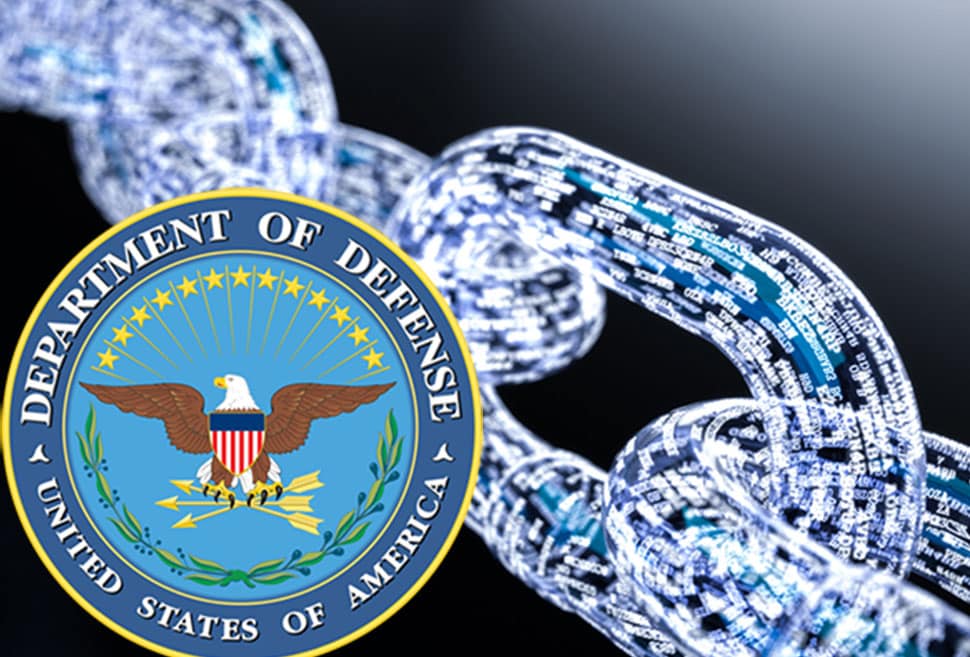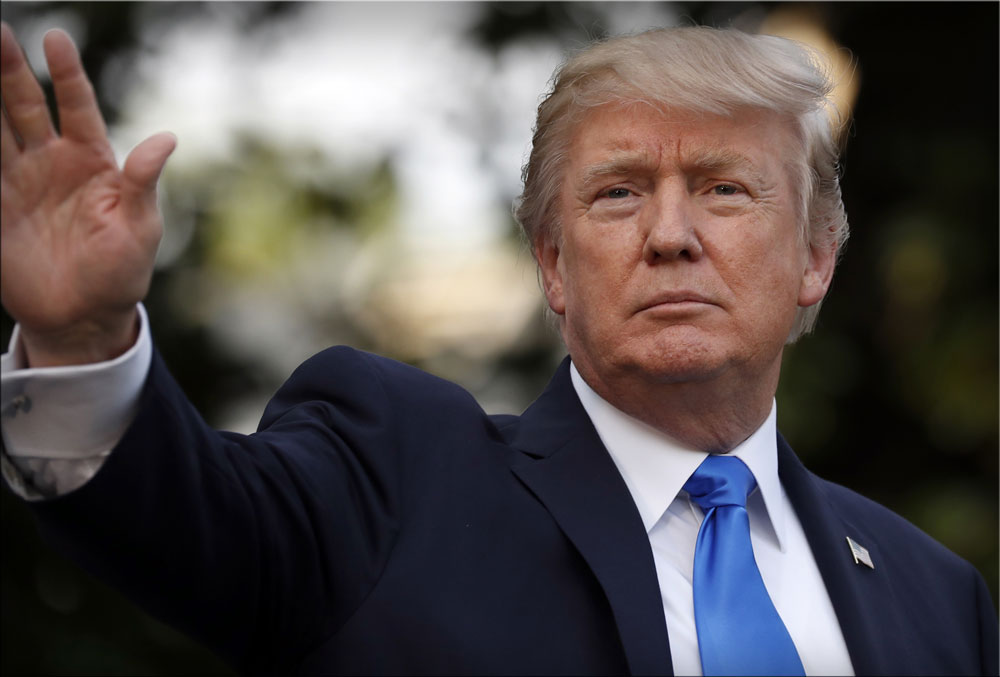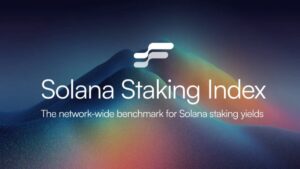U.S. President Donald Trump has recently signed the annual defense policy bill of $700 billion in military spends that, among other things like armament purchase and military funding, includes an authorization for conducting research study regarding blockchain and national cybersecurity.
According to a news portal, this act had already been approved by the U.S. Senate in September, in which they urged the Deparment of Defense to conduct research on “potential offensive and defensive cyber applications of blockchain technology and other distributed database technologies”.
The briefing of said study, according to the act, shall include “an assessment of efforts by foreign powers, extremist organizations, and criminal networks to utilize such technologies” and “an assessment of the use or planned use of such technologies by the Federal Government and critical infrastructure networks” It will also involve planning potential uses of this network, distributed across national infrastructure in order to upgrade cybersecurity against coordinated attacks.

Results shall be delivered to Congress in a maximum of six months, starting after the date of enactment of the aforementioned Act. It is possible that other federal agencies and departments contribute with their own research in the development of the final product that would be prepared by the Department of Defense.
Trey Hodgkins, senior vice president of public sector at the Information Technology Industry Council in Washington, D.C., stated in an earlier opportunity that “Blockchain was clearly one of the technological capabilities that Congress meant for agencies to look at, and what they were trying to do was create dollars with some flexibility to them so that agencies would have their own discretion on what they invest in.”
Having been subject of discussion by the Senate prior to the signing, and despite being just a minor element in major funding law, the “good to go” granted by the U.S. President could signal a positive approach from national government to promote and fund future research regarding Distributed Ledger Technology (DLT) and other blockchain related applications.
Different approaches from different governments
Governments around the world are taking a careful approach to integrate blockchain technology in order to fulfill their interests. For example, Denmark’s Ministry of Foreign Affairs recently released a report pointing at the possibility of such technology being used as a way to deliver foreign aid, by sending cryptocurrencies directly to the government or group in need of, or collecting such aid.
On the other hand, Moscow is already planning to test blockchain as a local voting platform, in an effort to minimize risk of frauds when people are voting on city management issues.










